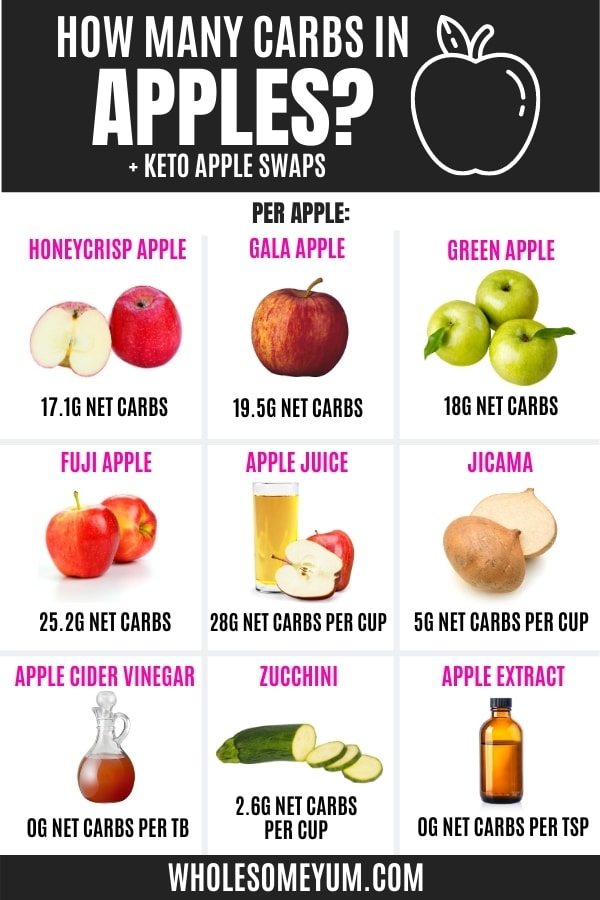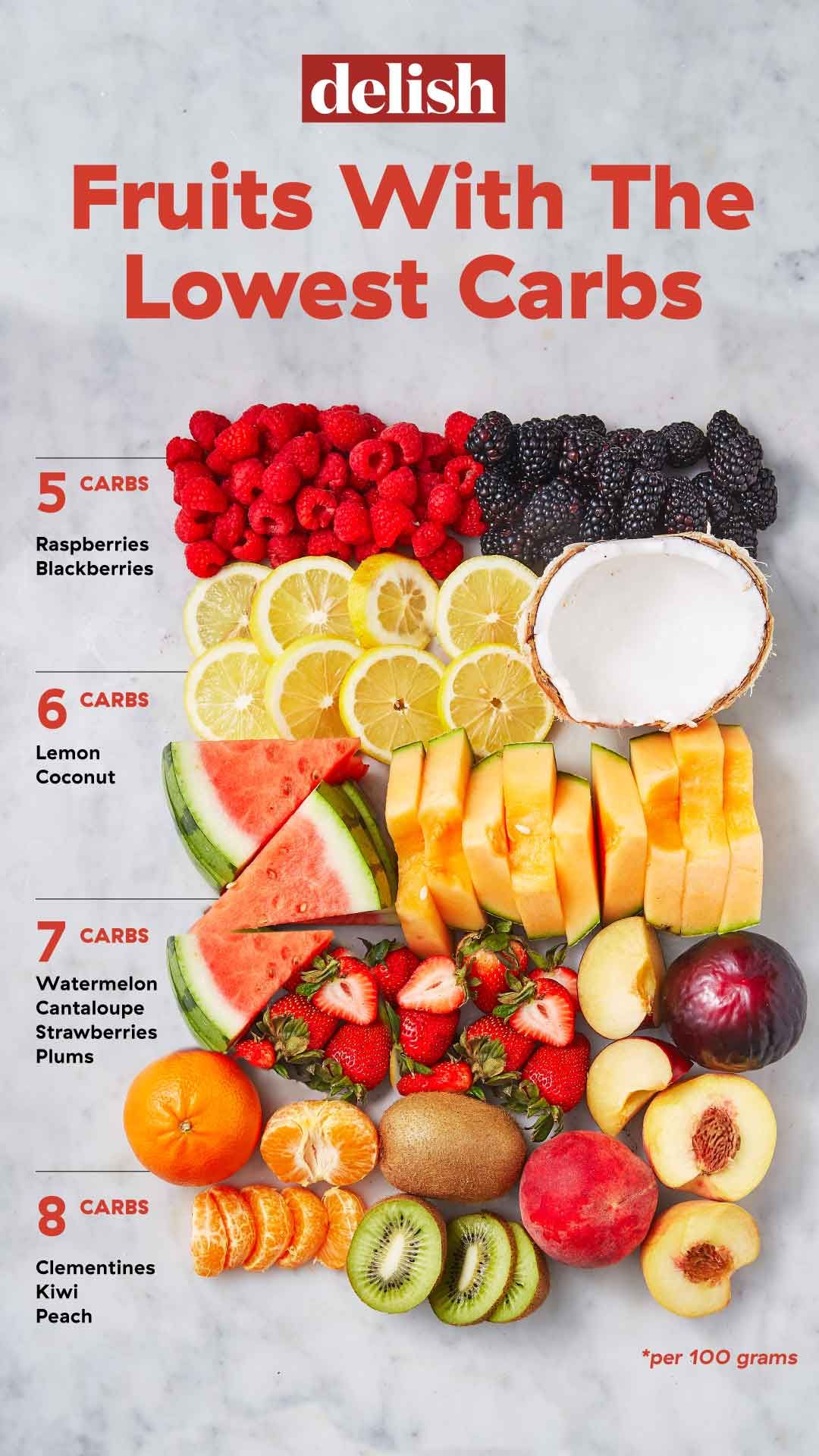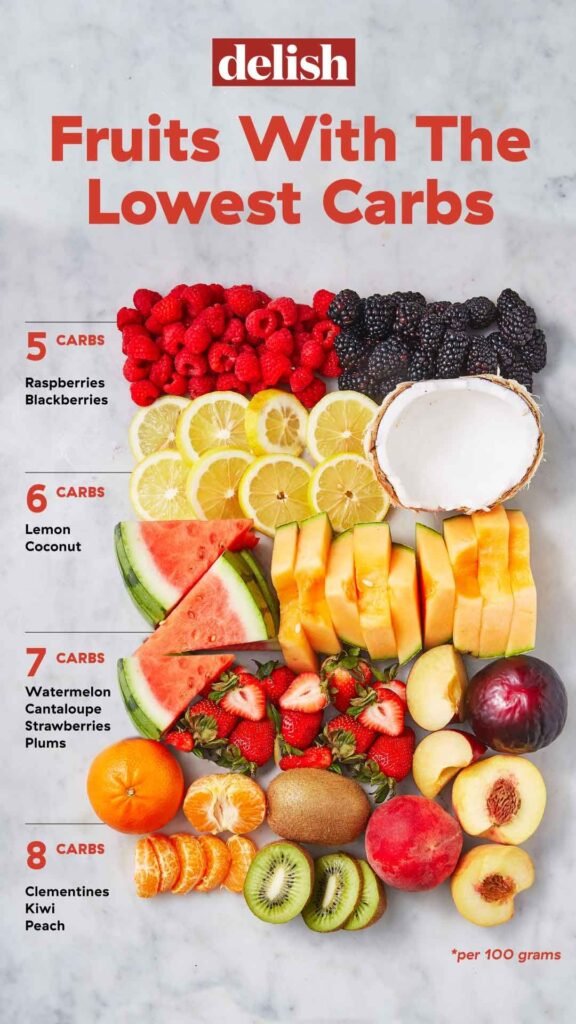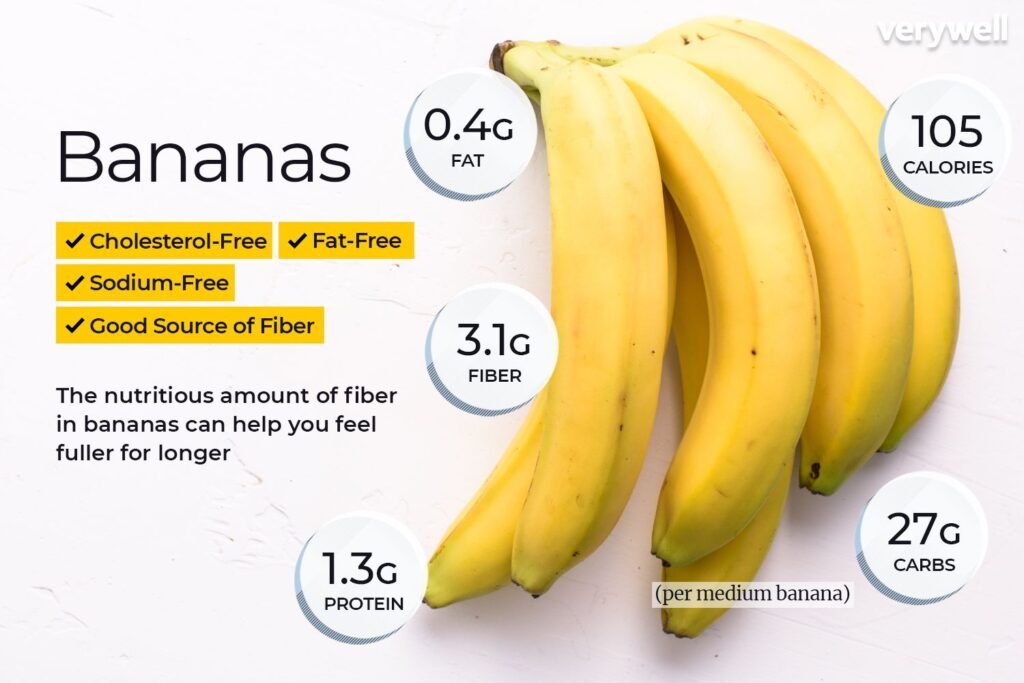Did you know that apples are not only delicious but also low in carbohydrates? It’s true! With only about 25 grams of carbohydrates per medium-sized apple, they make a great snack option for those looking to watch their carb intake. Whether you’re following a low-carb diet or simply trying to make healthier choices, incorporating apples into your daily routine can be a smart and satisfying choice. So next time you’re craving something sweet, reach for that crisp apple and enjoy its naturally low-carb goodness!
Nutritional Profile
Calories
A medium-sized apple contains about 95 calories. This makes it a great snack option, as it provides a satisfying amount of calories without going overboard.
Carbohydrates
Apples are relatively low in carbohydrates, with about 25 grams per medium-sized fruit. This makes them a suitable choice for those following low-carb diets.
Fiber
Fiber is an important nutrient that aids in digestion and helps keep you feeling full and satisfied. Apples are a good source of dietary fiber, providing about 4 grams per medium-sized fruit.
Sugar
While apples do contain natural sugars, they are not excessively high in sugar compared to many other fruits. A medium-sized apple typically contains about 19 grams of sugar.
Vitamins and Minerals
Apples are rich in vitamins and minerals, including vitamin C, potassium, and antioxidants. These nutrients help support overall health and well-being.
Low Carbohydrate Content
Explanation
Apples have a low carbohydrate content because they primarily consist of water and fiber. While they do contain natural sugars, the fiber helps slow down the absorption of these sugars, preventing blood sugar spikes and providing a steady source of energy.
Comparison with Other Fruits
Compared to other fruits, apples have a relatively low carbohydrate content. For example, bananas contain about 27 grams of carbohydrates per medium-sized fruit, while grapes contain around 23 grams. If you’re looking to minimize your carbohydrate intake, opting for apples can be a wise choice.
Suitability for Low-Carb Diets
Apples are a suitable option for those following low-carb diets, such as the ketogenic diet or Atkins diet. With their low carbohydrate content and high fiber content, they can be included in a low-carb meal plan without causing significant spikes in blood sugar levels.
:max_bytes(150000):strip_icc()/carb_ranks_fruit_revised_b-38126f0783694cb39863499cdeaa050f.jpg)
Health Benefits
Weight Management
Incorporating apples into your diet can support weight management efforts. The fiber content in apples helps promote feelings of fullness, reducing the tendency to overeat. Additionally, the low calorie count of apples makes them a great snack option for those looking to create a calorie deficit for weight loss.
Blood Sugar Control
Apples have a moderate glycemic index, which means they don’t cause a rapid spike in blood sugar levels. The combination of fiber and natural sugars in apples helps regulate blood sugar levels and can be beneficial for individuals with diabetes or those looking to maintain stable energy levels throughout the day.
Heart Health
Regular apple consumption has been associated with a reduced risk of heart disease. The antioxidants present in apples, such as flavonoids and polyphenols, help reduce inflammation and protect against oxidative damage. Additionally, the fiber content in apples can help lower cholesterol levels, further promoting heart health.
Digestive Health
The fiber in apples promotes healthy digestion by adding bulk to the stool and preventing constipation. It also acts as a prebiotic, nourishing the beneficial bacteria in your gut. Including apples in your diet can help support regular bowel movements and maintain a healthy gut microbiome.
Immune System Support
Apples are a good source of vitamin C, which is known for its immune-boosting properties. A medium-sized apple provides about 14% of the daily recommended intake of vitamin C. By including apples in your diet, you can support your immune system and potentially reduce the risk of illnesses like the common cold.
Different Apple Varieties
Golden Delicious
Golden Delicious apples have a sweet and mellow flavor. They are known for their golden skin and crisp texture. They are versatile and can be enjoyed raw, baked, or used in salads.
Granny Smith
Granny Smith apples are tart and crispy, with a bright green skin. They are often used in baking due to their firm texture and tangy flavor. They also add a refreshing crunch to salads.
Fuji
Fuji apples are known for their sweet and crisp flesh. They have a red and yellow skin and a slightly spicy flavor. Fuji apples are great for snacking and are also delicious when used in desserts.
Gala
Gala apples have a mild and sweet flavor, with a crisp texture. They have a red-orange skin with yellow undertones. Galas are popular for eating raw and are often included in fruit salads.
Red Delicious
Red Delicious apples are known for their deep red skin and mildly sweet flavor. They have a crisp and juicy texture. While they are a classic choice for eating raw, they can also be used in baking and cooking.

Cooking and Preparation
Raw Consumption
One of the simplest and most popular ways to enjoy apples is by eating them raw. Simply wash the apple, remove the core and any seeds, and slice it into bite-sized pieces. Raw apples make a refreshing and convenient snack, and you can also pair them with dips like peanut butter or yogurt for added flavor.
Apple Sauce
Apple sauce is a versatile and healthy option for incorporating apples into your diet. Simply peel and chop the apples, then simmer them in a pot with a small amount of water until they soften. Once soft, you can mash or blend the apples to create a smooth sauce. Apple sauce can be enjoyed on its own, used as a topping for pancakes or oatmeal, or added to baking recipes as a natural sweetener.
Apple Juice
Freshly squeezed apple juice is a delicious and nutritious option. To make apple juice, wash and core the apples, then pass them through a juicer or blend them and strain the mixture. Avoid adding any additional sugar to keep it as healthy as possible. Enjoy apple juice on its own or mix it with other fruit juices for a refreshing combination.
Apple Pie
Apple pie is a classic dessert that allows you to enjoy the sweetness of apples in a warm and comforting way. You can find numerous recipes for homemade apple pie or opt for ready-made options available in stores. Apple pie can be enjoyed on its own or served with a scoop of vanilla ice cream for an indulgent treat.
Tips for Including Apples in Your Diet
Snack Option
Keep a few apples in your bag or desk drawer for a quick and easy snack. The natural sugars and fiber in apples will help satisfy your cravings and keep you feeling full between meals.
Salads and Coleslaw
Chop up apples and toss them into salads or coleslaw for a burst of sweetness and crunch. Apples can complement a variety of ingredients, such as leafy greens, nuts, and cheeses, creating a well-rounded and flavorful salad.
Smoothies
Add sliced apples to your smoothies for extra fiber and natural sweetness. Make sure to blend them well to achieve a smooth texture. Combine apples with other fruits, greens, and a liquid base of your choice for a nutritious and refreshing beverage.
Adding to Oatmeal or Yogurt
Dice apples and mix them into your morning oats or yogurt for added flavor and texture. Apples add a natural sweetness to these breakfast staples and provide an extra boost of fiber and nutrients.

Potential Drawbacks
Dental Health
While apples are a healthy snack, their natural sugars can contribute to tooth decay if proper oral hygiene is not maintained. Remember to brush your teeth after consuming apples or rinse your mouth with water to minimize the risk of dental issues.
Pesticide Residue
Conventionally grown apples may contain residues of pesticides used during cultivation. If possible, choose organic apples to reduce exposure to these chemicals. Alternatively, thoroughly wash and scrub conventionally grown apples before consuming to help remove any potential residues.
Allergies
Some individuals may be allergic to apples, experiencing symptoms such as itching, swelling, or difficulty breathing after consumption. If you suspect an apple allergy, it’s best to consult with a healthcare professional for a proper diagnosis and guidance.
Moderation and Balance
While apples offer numerous health benefits, it’s important to consume them as part of a balanced diet. Relying solely on apples for all your nutritional needs may lead to nutrient deficiencies. Ensure you incorporate a variety of fruits, vegetables, whole grains, lean proteins, and healthy fats into your overall diet for optimum nutrition.
Apples vs. Apple Products
Calorie and Carbohydrate Differences
When comparing apples to apple products, such as apple sauce, apple juice, or apple pie, it’s important to note the differences in calorie and carbohydrate content. While fresh apples contain relatively low calories and carbohydrates, processed apple products may contain added sugars or ingredients that increase their calorie and carbohydrate count. Be mindful of portion sizes and read labels to make informed choices.
Fiber and Nutrient Content
Fresh apples tend to have higher fiber content compared to processed apple products. When apples are processed, such as in making apple juice or apple sauce, some of the fiber may be lost in the extraction or cooking process. Opting for whole, fresh apples can provide you with the maximum amount of fiber and nutrients.
Added Sugar and Preservatives
Many apple products, especially those commercially available, may contain added sugars, preservatives, or other additives. These additions can increase the calorie content and affect the overall healthiness of the product. When possible, choose natural and homemade versions of apple products to minimize added sugars and preservatives.

Apples for Specific Dietary Needs
Low-Carb Diets
Apples can be enjoyed in moderation on low-carb diets, as their relatively low carbohydrate content makes them a suitable choice. However, it’s essential to consider your overall daily carbohydrate intake and the specific requirements of your diet plan.
Diabetes
Apples can be included in a diabetes-friendly diet, as they have a moderate glycemic index and provide a good source of fiber. However, individuals with diabetes should monitor their blood sugar levels and portion sizes when consuming apples, especially if they have specific dietary guidelines to follow.
Ketogenic Diets
On a ketogenic diet, which focuses on very low carbohydrate intake, apples may need to be consumed in smaller quantities or avoided altogether due to their carbohydrate content. It is recommended to consult with a healthcare professional or registered dietitian for personalized guidance on incorporating apples into a ketogenic diet.
Weight Loss
Incorporating apples into a weight loss plan can be beneficial due to their low calorie and high fiber content. They can satisfy cravings and help you feel full, making it easier to stick to your calorie goals. However, it’s important to practice portion control and incorporate a variety of other nutrient-dense foods into your diet.
General Health Promotion
For overall health promotion, including apples as part of a well-balanced diet can provide numerous benefits. Apples are nutrient-dense and rich in antioxidants, vitamins, and minerals. They can support a healthy immune system, aid in digestion, and provide important dietary fiber.
Conclusion
Summary of Key Points
Apples are low in carbohydrates and calories, making them a suitable choice for weight management and low-carb diets. They are also rich in fiber, vitamins, and minerals that support overall health. Different apple varieties provide a range of flavors and textures, allowing versatility in cooking and preparation. To enjoy apples in your diet, you can consume them raw, make apple sauce or juice, or incorporate them into various recipes. While apples offer numerous health benefits, it’s important to be mindful of dental health, pesticide residue, and potential allergies. Additionally, it’s necessary to choose fresh apples over processed apple products to maximize fiber and nutrient content while minimizing added sugars and preservatives. Apples can be included in specific dietary needs, such as low-carb diets, diabetes-friendly diets, and general health promotion. However, portion control and overall dietary balance are crucial for optimal health.
Inclusion in a Balanced Diet
Incorporating apples in a balanced diet can provide a range of nutrients and health benefits. They can be a convenient and satisfying snack option, a flavorful addition to salads or coleslaw, and a nutritious ingredient in smoothies, oatmeal, or yogurt. By including apples in your diet, you can diversify your food choices and enjoy their natural sweetness and crunch while promoting overall well-being.
Enjoying Apples in Moderation
While apples offer numerous health benefits, it’s essential to consume them in moderation. As with any food, it’s important to practice portion control and include a variety of other fruits, vegetables, whole grains, lean proteins, and healthy fats in your diet. By enjoying apples as part of a balanced eating plan, you can reap their nutritional benefits while maintaining a well-rounded and sustainable approach to your overall health and well-being.





